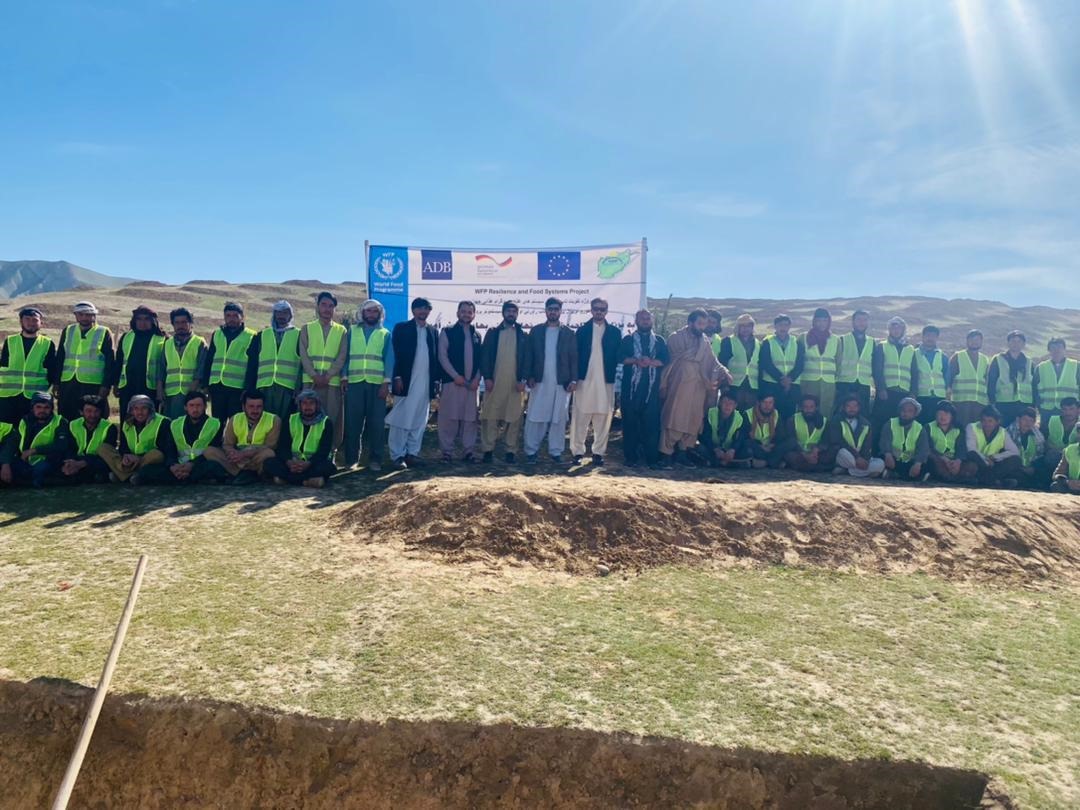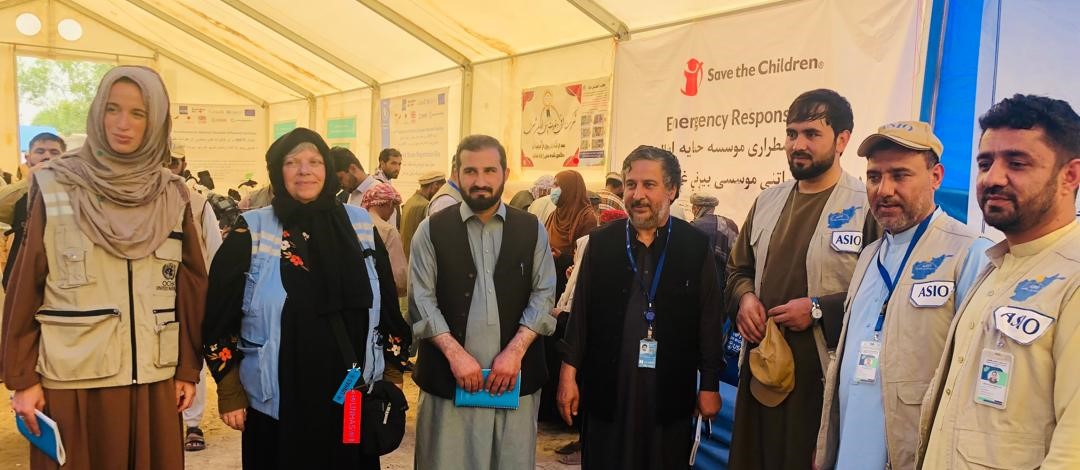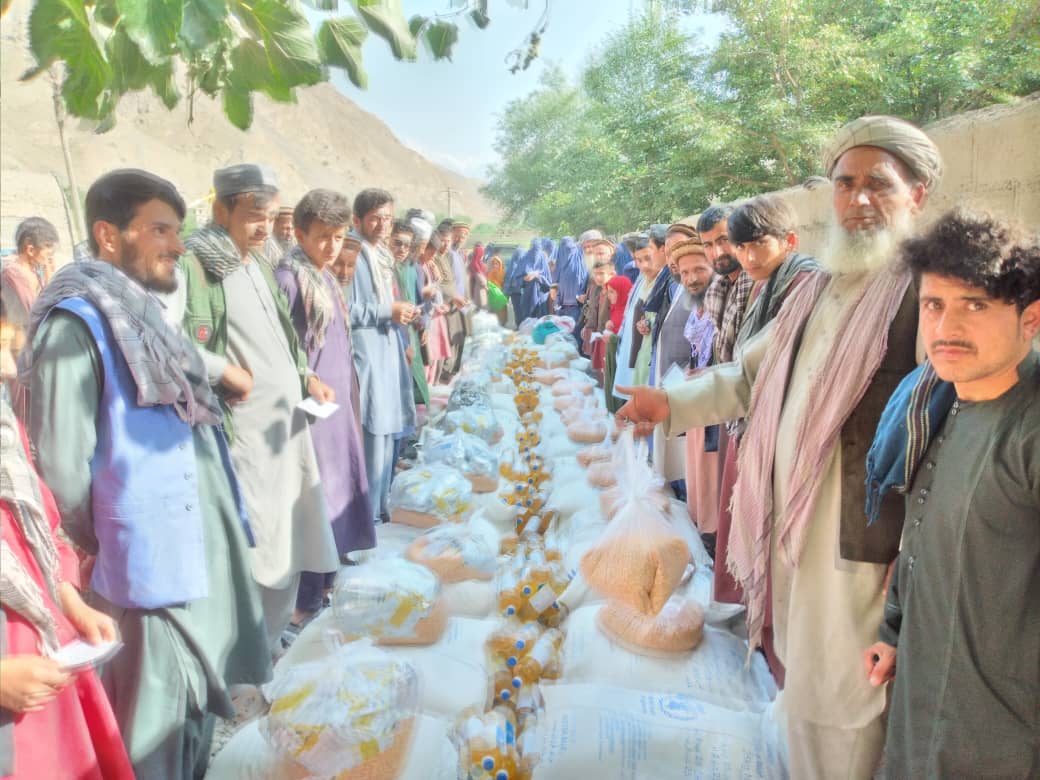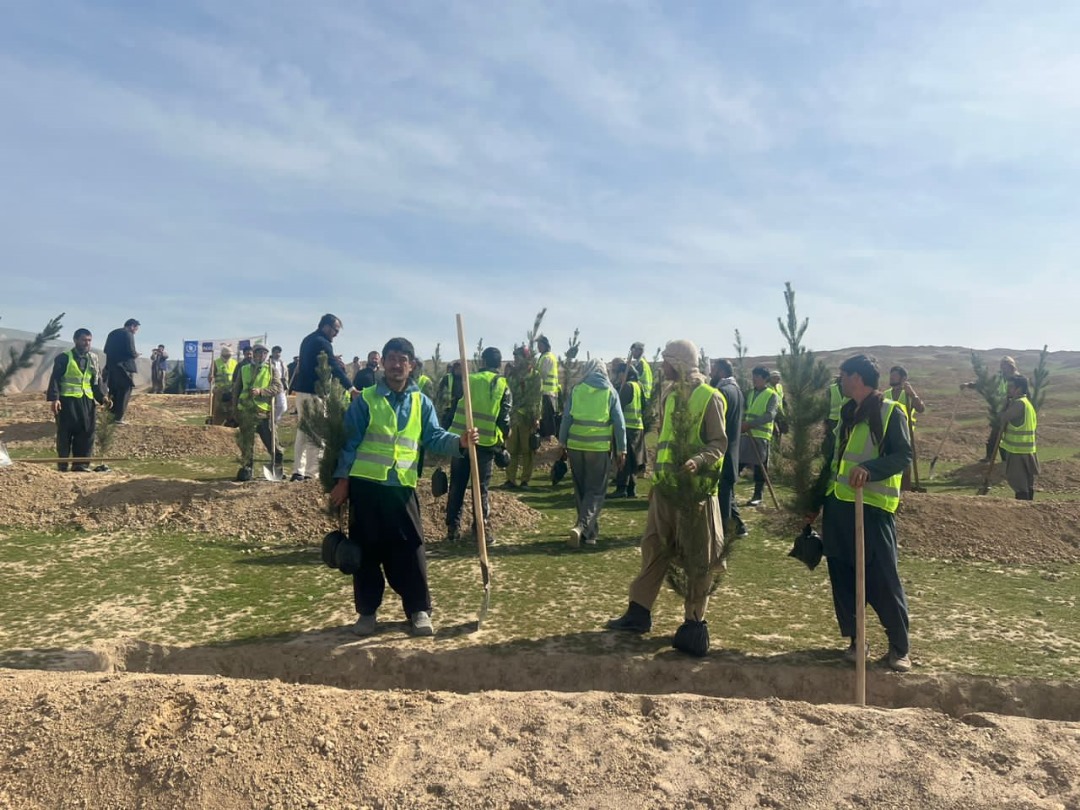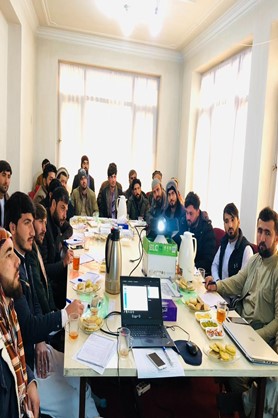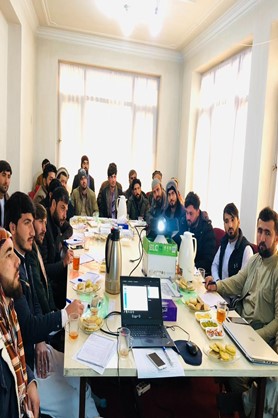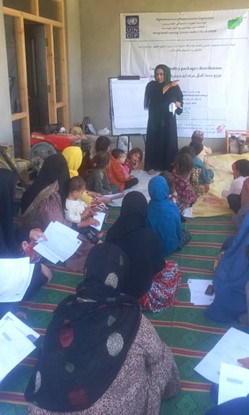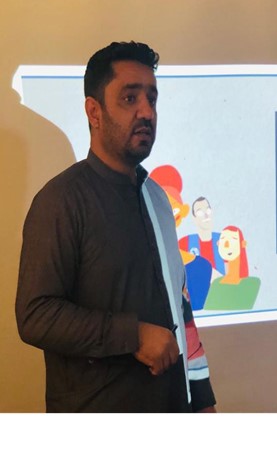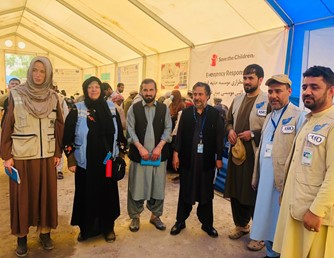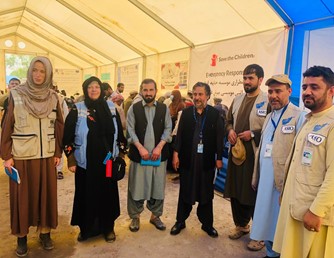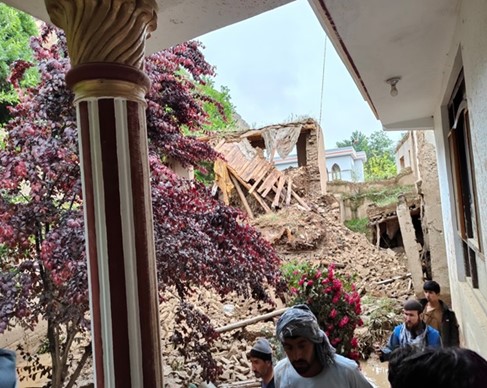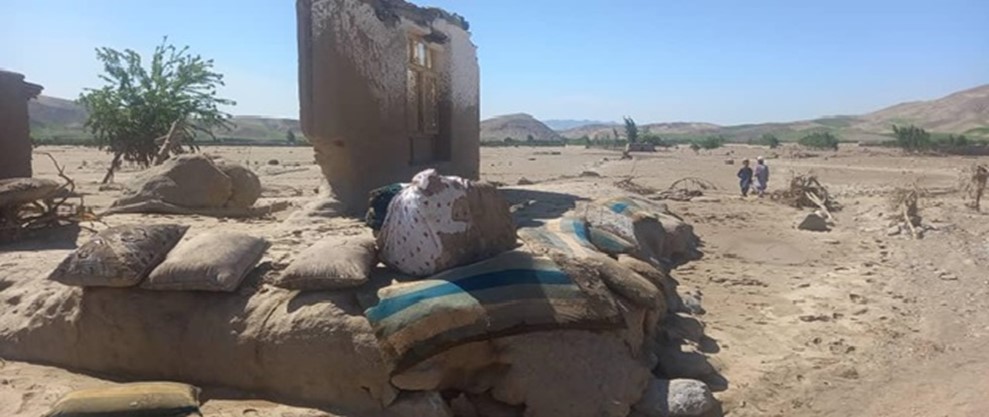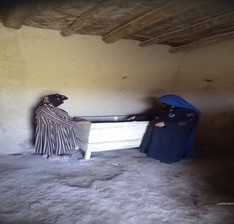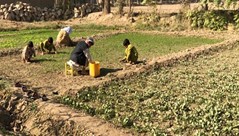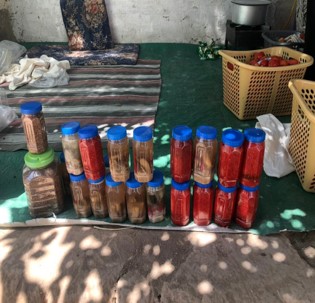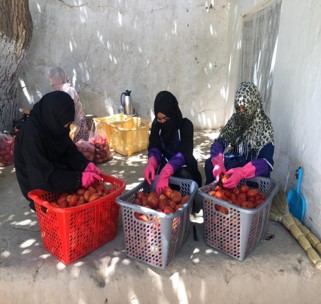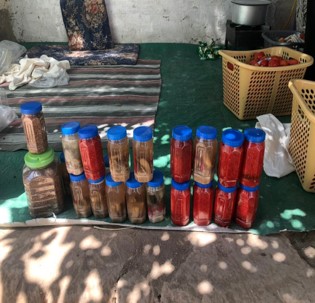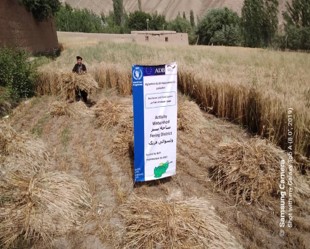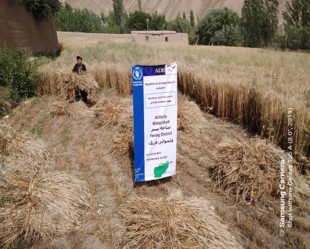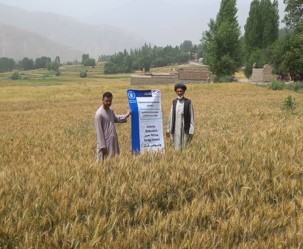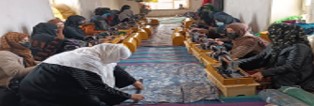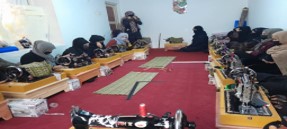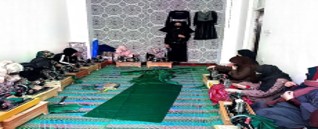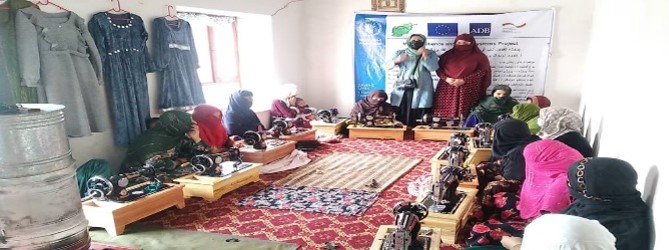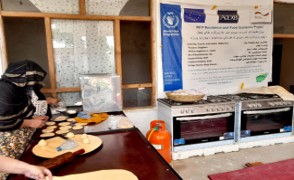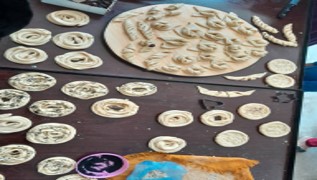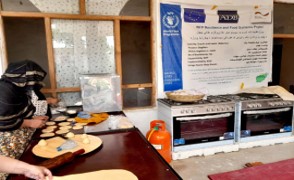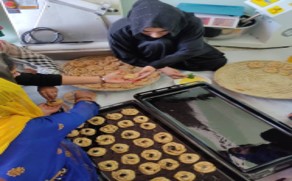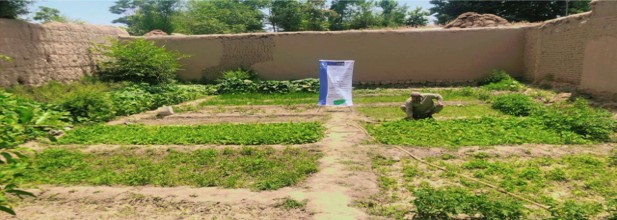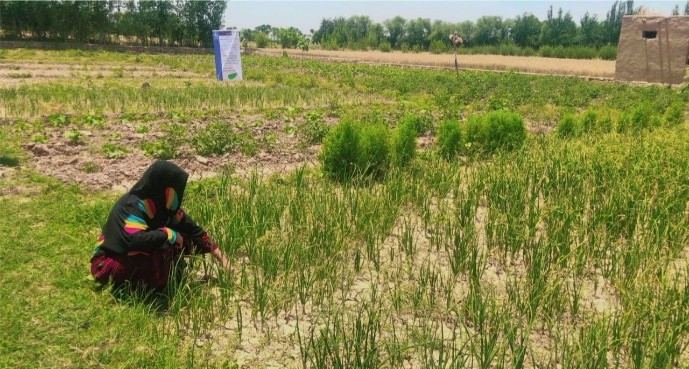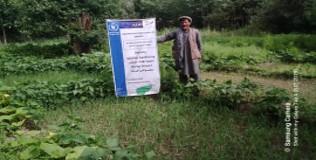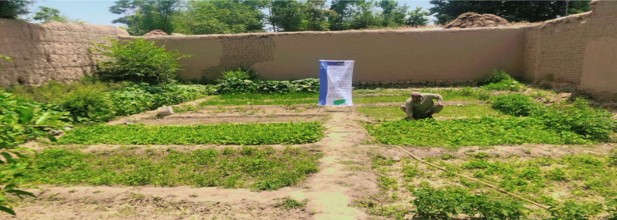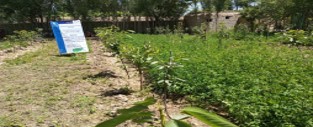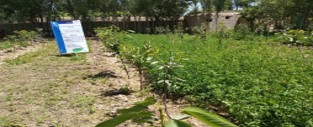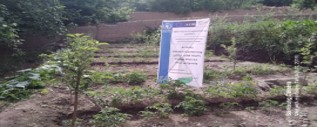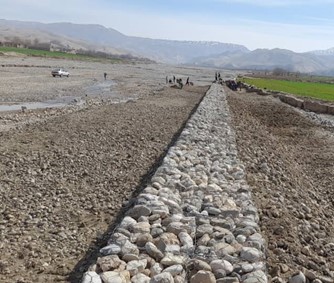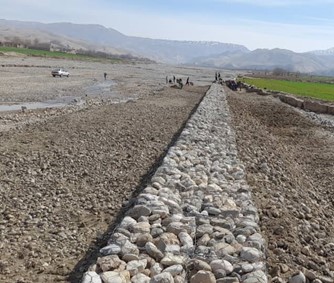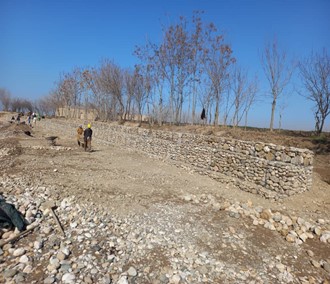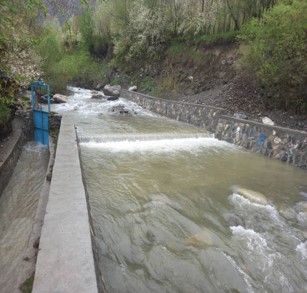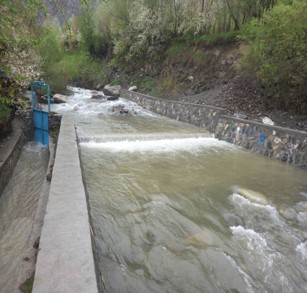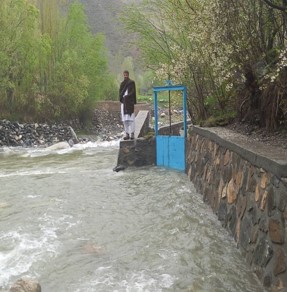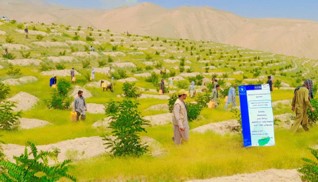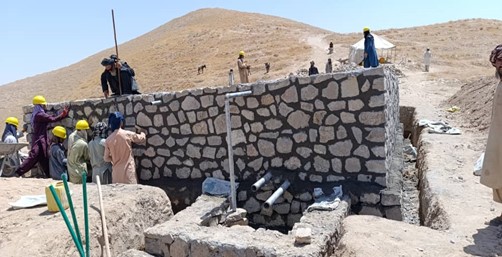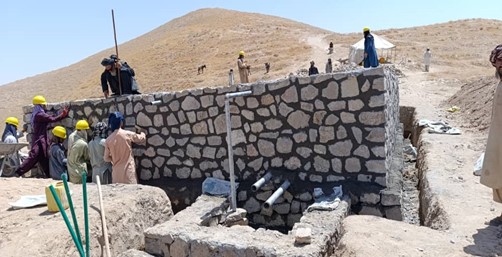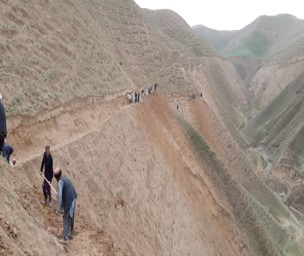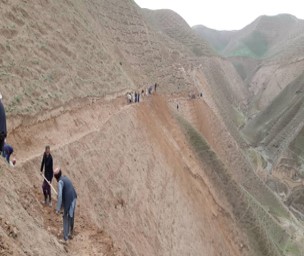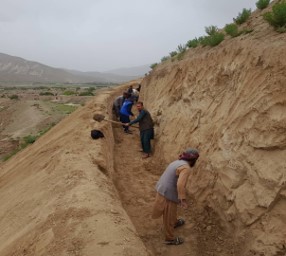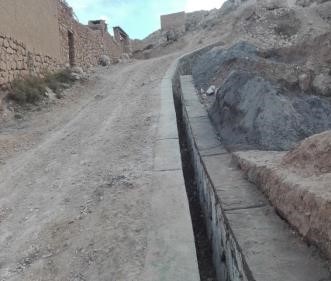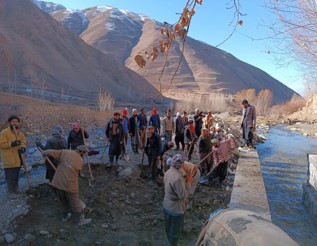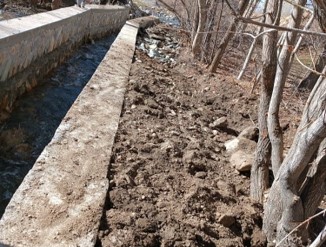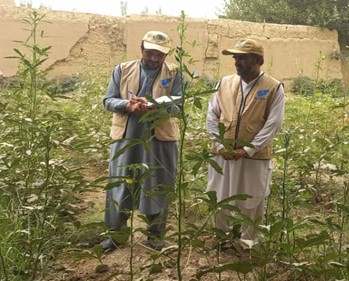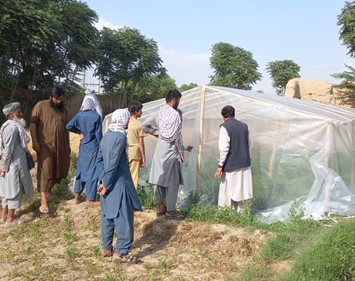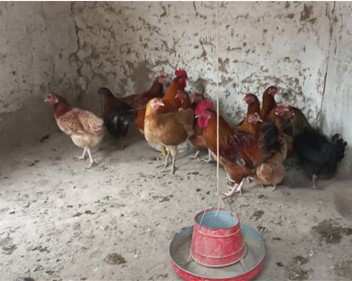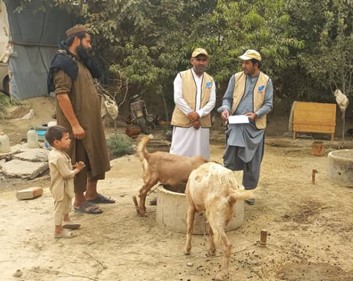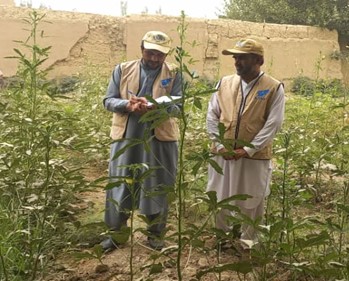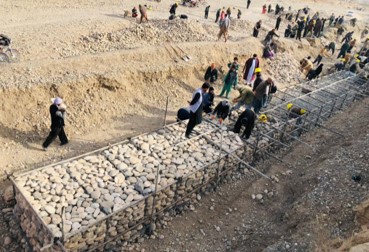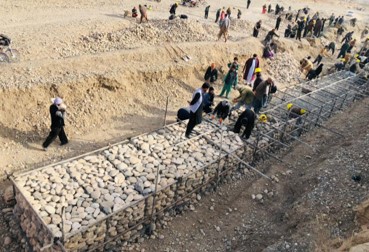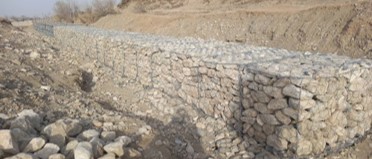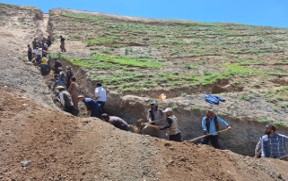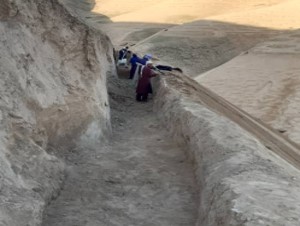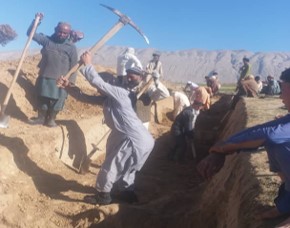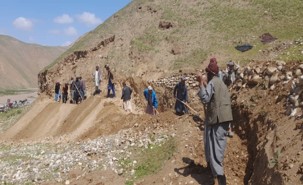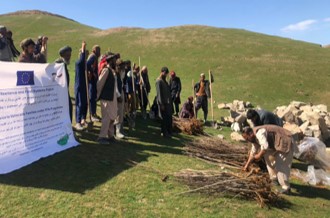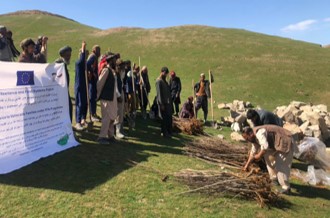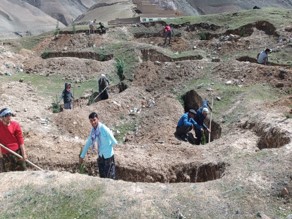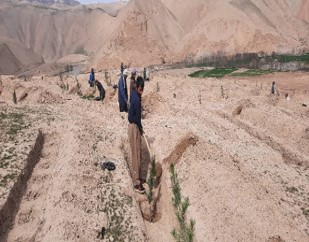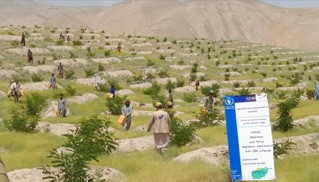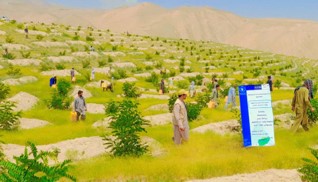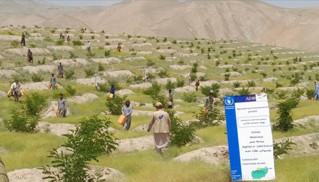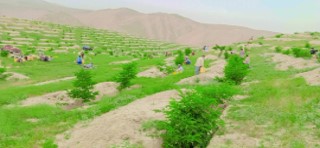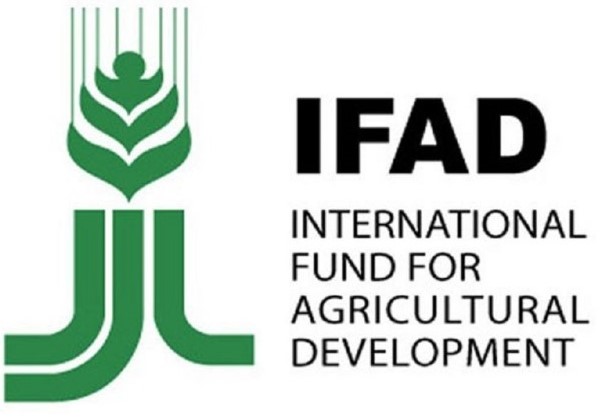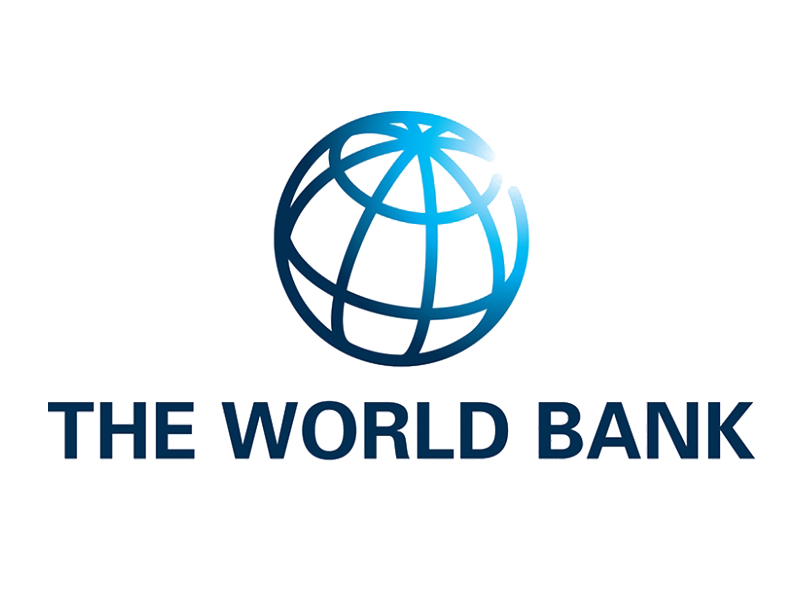One inspiring success story in
the RFS project related to kitchen gardening activities is the experience of a
participant named Wajiha. She is a resident of an urban neighborhood, had
See
More...
One inspiring success story in
the RFS project related to kitchen gardening activities is the experience of a
participant named Wajiha. She is a resident of an urban neighborhood, had
limited access to fresh and nutritious produce due to the lack of nearby
markets and high prices at grocery stores. The fact that her elderly father, who
is unable to work, is the head of the family. However, through the
project's interventions, Wajiha was able to establish a thriving kitchen garden and
achieve self-sufficiency in his vegetable needs.
Initially, Wajiha
received training from the project on organic gardening techniques, soil
preparation, seed selection, and composting. Armed with this knowledge, she
transformed a small portion of her backyard into a productive vegetable garden.
The project provided her with high-quality seeds and seedlings, ensuring that
he had access to a diverse range of vegetables suitable for her local climate.
The establishment of a kitchen
garden has also improved their lives, and since the ASIO/WFP project was added,
their financial situation has improved significantly. She now receive 6400 AFN
a month in addition to using the kitchen garden's produce for their family's
needs.
Wajiha diligently applied the
techniques she learned and took care of her garden, ensuring proper watering,
nutrient management, and pest control. As a result, her kitchen garden
flourished, yielding a bountiful harvest of fresh and organic vegetables
throughout the year. Wajiha was able to enjoy a regular supply of nutritious
produce for her family's meals, eliminating the need to rely heavily on
expensive and often less nutritious store-bought vegetables.
Moreover, the project facilitated
peer-to-peer knowledge sharing and community engagement. Wajiha
participated in regular gardeners' meetings and workshops organized by the
project, where she exchanged experiences, learned from others, and received
additional guidance on improving her gardening skills. This sense of community
and support enhanced Wajiha's motivation and commitment to her kitchen garden.
As Wajiha's garden thrived, she
began to have surplus produce, which presented an opportunity for her to
contribute to her community. With the support of the project, Wajiha
started a small neighborhood market where she sold her excess vegetables at
affordable prices. This initiative not only provided her neighbors with access
to fresh and locally grown produce but also generated a modest income for Wajiha,
further improving her economic resilience.
Wajiha's success story inspired
other community members to engage in kitchen gardening activities as well. The
project facilitated the establishment of community gardens and provided ongoing
support, including training, resources, and access to markets. Through these
collective efforts, many households in the neighborhood were able to establish
their own kitchen gardens, leading to improved food security, enhanced
nutrition, and a sense of self-sufficiency.
Wajiha's journey in the
Resilience and Food System project demonstrates how kitchen gardening
activities can empower individuals and communities to overcome food access
challenges, improve nutrition, and create economic opportunities. By providing
training, resources, community engagement, and market linkages, the project played
a pivotal role in Wajiha's success and the larger transformation of the
community's food system.
By implementing these activities
and interventions, the Resilience and Food System project aimed to empower
individuals and communities to establish sustainable kitchen gardens, enhance
food security, improve nutrition, and create economic opportunities. The
combination of training, resources, technical support, community engagement,
and market linkages contributed to the success and transformative impact of the
project.

